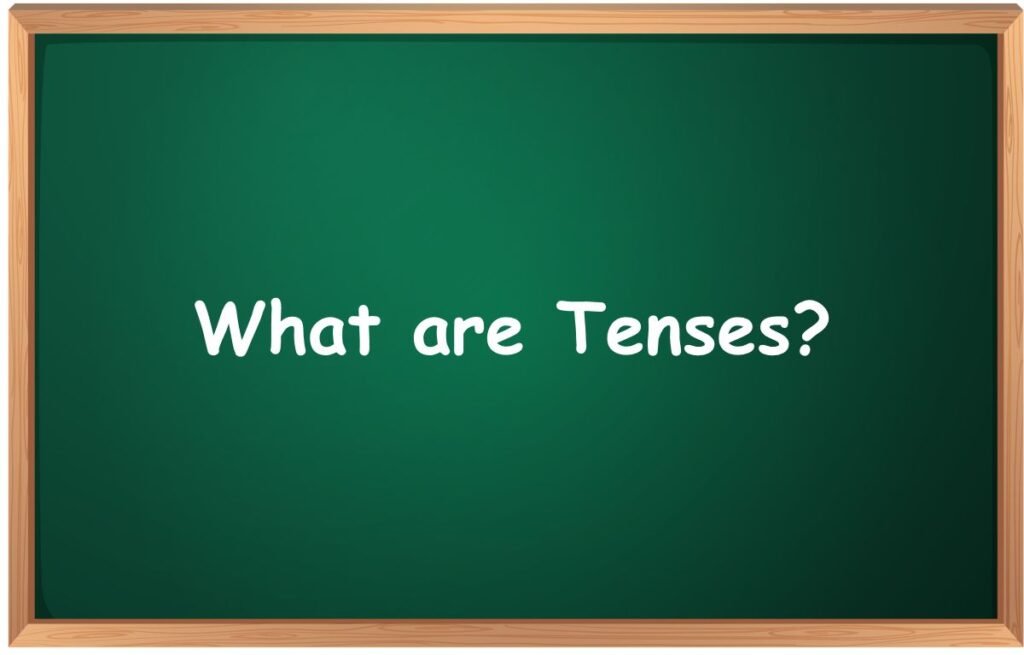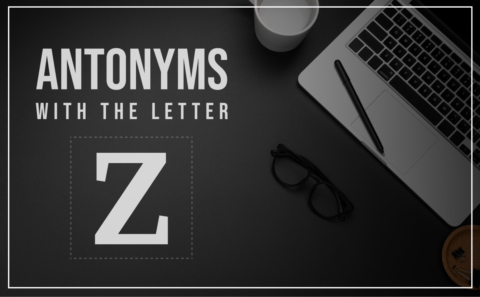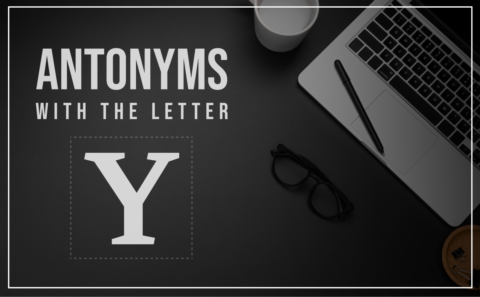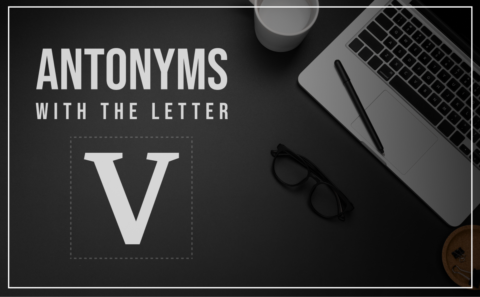Welcome to our comprehensive exploration of ‘tenses’ in English grammar. This guide will illuminate the intricacies of the Past Tense, including its various forms such as the Simple Past, Past Continuous, Past Perfect, and Past Perfect Continuous. Each section is enriched with practical examples and usage rules, providing a robust understanding of how to use these tenses effectively. Let’s dive into the fascinating world of English tenses together!
Tense expresses ‘time’ in 3 forms:
- Past
- Present
- Future
These are further divided into:
- Simple (play/s)
- Continuous (ing)
- Perfect (has/have/had)
- Perfect Continuous (has/have/had +ing)
Tense is represented by a verb form.
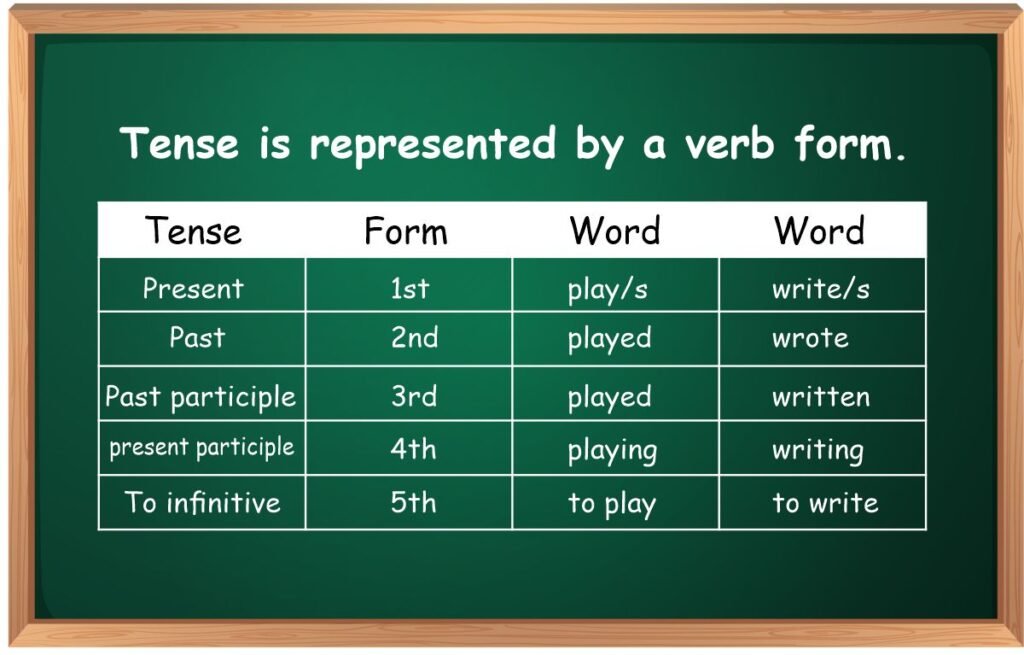
Simple Present Tense
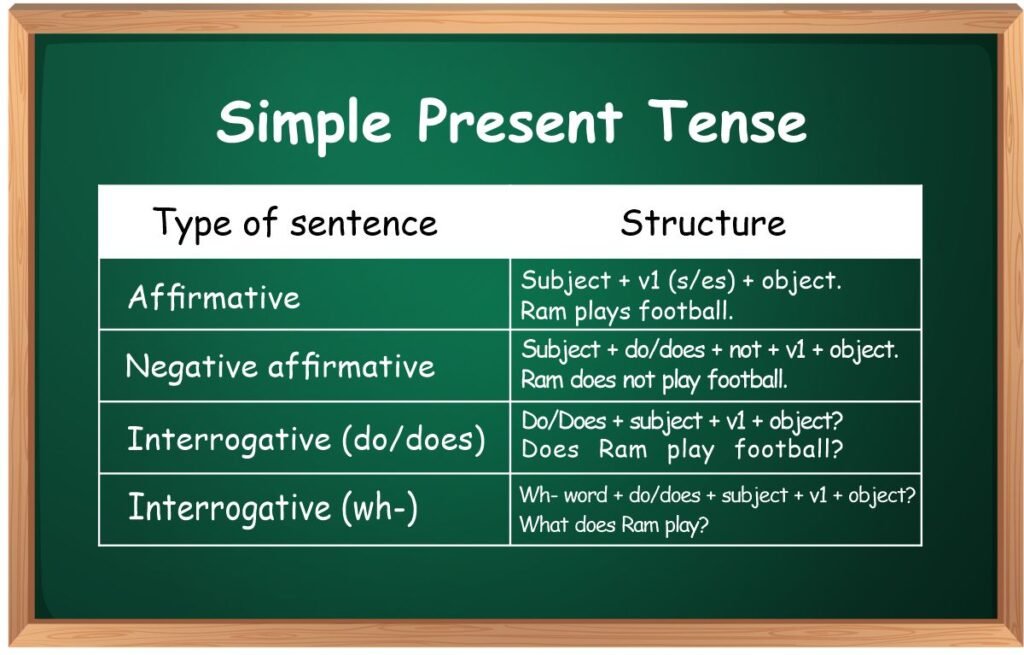
Rules
- Universal/ general truths.
For example:
- The Sun rises in the East.
- Water boils at 100°C.
- To make statements of general nature.
For example:
- I hear with my ears.
- The rose smells sweet.
- To express habitable actions.
For example:
- She always comes late.
- Radha goes to work on time.
- To express a future event that is part of a fixed timetable or fixed program.
For example:
- The train leaves at 5:20.
- The coffee house opens at 10:00.
- In newspaper headlines
For example:
- Two murderers escape.
- To narrate different actions at the time of speaking
For example:
- When the door opens, the bell rings.
- In exclamatory sentences beginning with ‘here’ and ‘there’ to express what is taking place in the present.
For example:
- Here she comes!
- With certain words which are normally not used in the present participle form
For example:
I love you. (Correct)
I am loving you. (Incorrect)
I hate you. (Correct)
I am hating you. (Incorrect)
- In a vivid narrative as a substitute for the simple past.
For example:
- Samantha now rushes towards and deals a heavy blow to Jaya.
- Immediately the king’s servant runs to the front door.
- To begin imperative sentences
For example:
- Obey your elders.
- Sit down.
- To introduce quotations
For example:
Shakespeare says, “To be or not to be.”
Keywords:
Always, sometimes, usually, regularly, daily, frequently, seldom, occasionally, every day/night/month/year….
each day/night/month/year….
once…..a week/month, in the mornings/evenings….., on Sundays/Mondays/Tuesdays…..
Present Continuous Tense
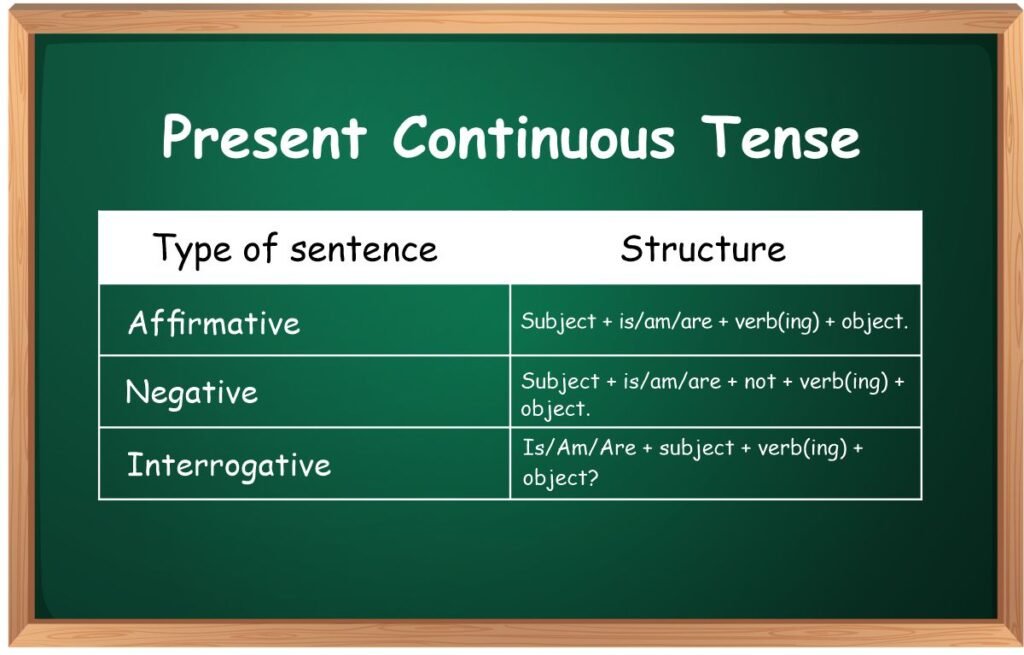
- To describe an action in progress, whose beginning and completion are not known.
For example:
- She is singing.
- The birds are singing.
- To describe an action in progress but not necessarily at the time of speaking.
For example:
- What are you doing these days?
- I am reading an interesting book.
- To express an action, definitely plan for the near future. Words like ‘tomorrow’, ‘next week’ are also used here.
For example:
- Are you going home tomorrow?
- She is coming here next week.
- To show changes, trends, developments, progress, or a situation that is temporary or for a period of time around the present time.
For example:
- Your handwriting is improving.
- I am spending my vacation in Paris.
- To express an action that has become a Habit for doing it over and over again.
- ‘always’ can be used between the helping verb and main verb. It can also show a mode of irritation.
For example:
- She is always talking on the phone.
- You are always speaking loudly.
Exceptions:
- Verbs showing expressions of sense organs.
For example:
I see a dog. (Correct)
I am seeing a dog. (Incorrect)
- Verbs showing mental processes like think, know, mind, remember, forget, etc.
For example:
I know you. (Correct)
I am knowing you. (Incorrect)
- Verbs showing possession.
For example:
I have four cars.
This book is mine.
- Verbs showing feelings or state of mind like; wish, desire, fear, dislike, love, hope, imagine, refuse, forgive, etc.
For example:
I hate you. (Correct)
I am hating you. (Incorrect)
Keywords:
Still, in the present time, at this time, nowadays, these days, this evening, now, today, at present, etc.
Present Perfect Tense
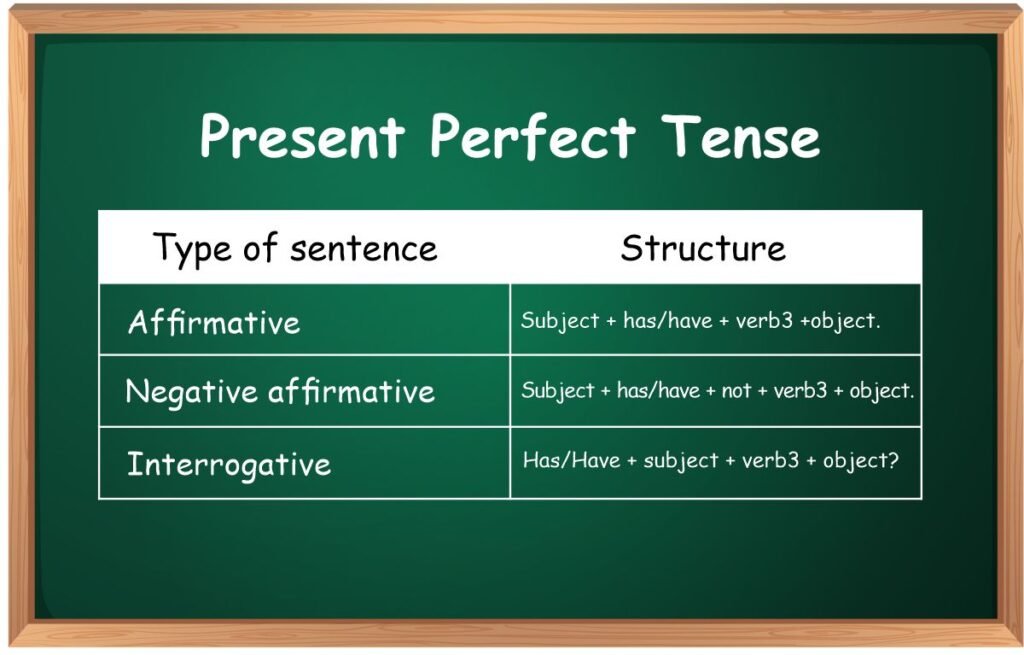
- To express an action that has been recently completed
- words like – just, recently, etc. are used.
For example:
I have just completed my work.
- To express an action that started in the past and is still continuing.
- ‘since/for + time’ is used.
For example:
I have lived in Banswara for five years.
- To express an action which is completed in the past but its effects are still there.
For example:
I have cut my finger.
She has hurt her leg.
- To describe a just occurred action whose time is not given.
For example:
I have finished my work just now.
I have read this book.
- To mention an incomplete action using, this morning/ evening/ month/ week/ year, etc.
For example:
I have sipped four cups of coffee this morning.
I have written eight letters this evening.
Keywords:
this morning/ evening/ month/ week/ year, etc.
Just, till, now, already, recently, lately, not yet, so far, by now, since, ever, always, never, etc.
Present Perfect Continuous Tense
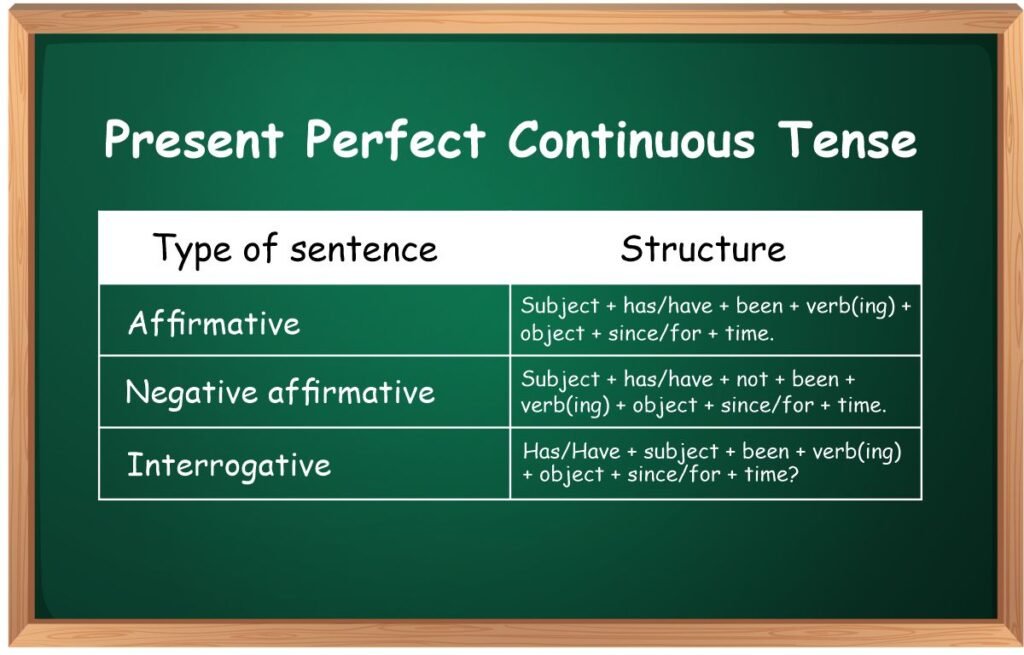
- To denote an action that started in the past and is still continuing.
- ‘since/for + time’ is used.
For example:
It has been raining since morning.
I have been reading this book for two days.
- It shows an action in progress that will continue in the near future.
For example:
I have been working on this project for one week.
It has been raining here since morning.



